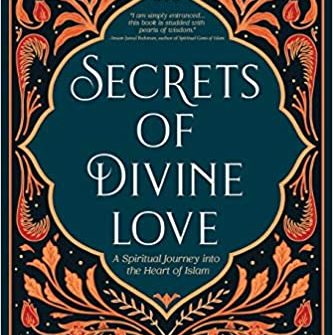“Every soul will taste death.“ (Qur’an 3:185)
“I learned that every mortal will taste death. But only some will taste life.” (Rumi)
Death is the greatest preacher we will ever meet, for it teaches us to hold tightly to only Allah, for everything is perishing save the face of God (55:26-27). When we reflect on our death, it naturally makes us prioritize what is most important in our life. . .


